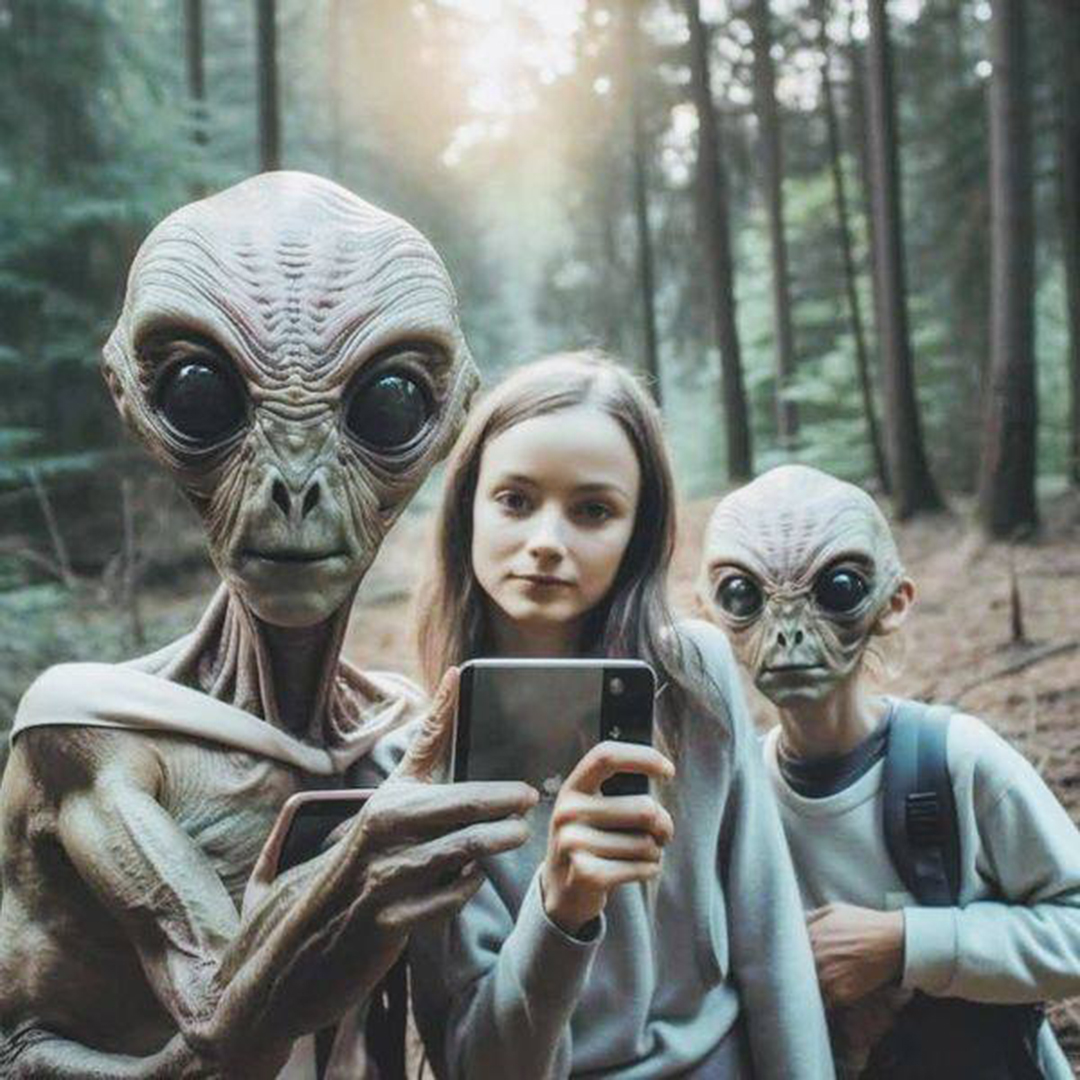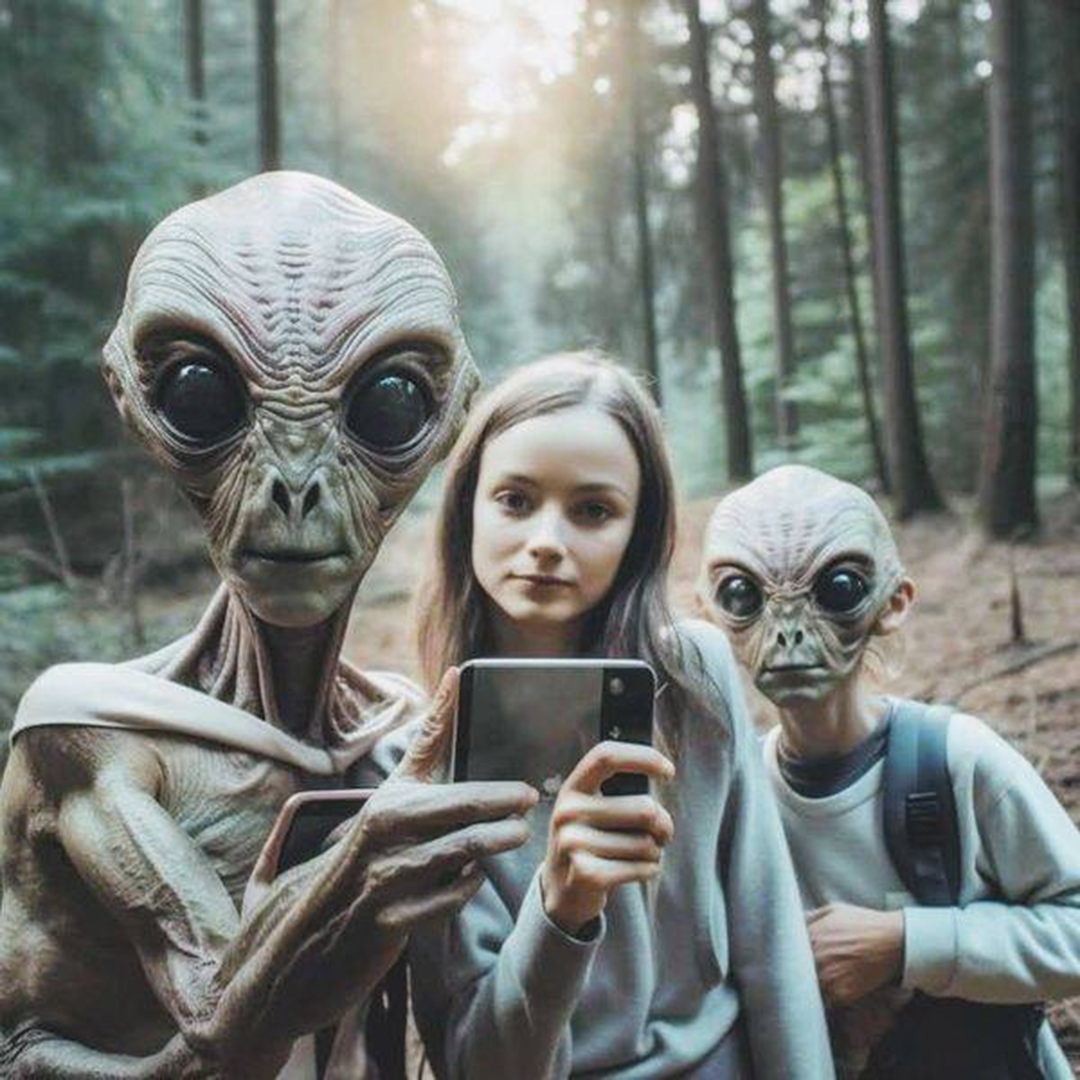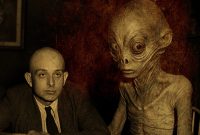In the realm of ufology and extraterrestrial speculation, there is a pervasive assumption that aliens, if they exist, must resemble humanoid beings. This notion has been perpetuated by science fiction, pop culture, and even scientific discourse. However, the question remains: why do so many people harbor the belief that aliens must be humanoid in form? In this exploration, we delve into the origins of this bias and examine the psychological and cultural factors that contribute to it.

The Human-Centric Perspective: One of the primary reasons for the humanoid bias in depictions of aliens is the human-centric perspective inherent in our understanding of the universe. As the only intelligent species known to us, humans tend to project their own characteristics, behaviors, and physical attributes onto hypothetical extraterrestrial beings. This anthropocentric tendency leads to the assumption that aliens must share our bipedal form, facial features, and other human-like traits.
Evolutionary Parallels: Another factor driving the humanoid bias is the belief that evolution may produce similar outcomes on other planets with conditions conducive to life. Proponents of this view argue that the humanoid form may represent an evolutionary convergence, where environmental pressures and adaptive processes lead to the emergence of similar anatomical structures across different species. From this perspective, the humanoid body plan may be considered optimal for intelligent, tool-using beings.
Cultural Influences: The portrayal of aliens as humanoid beings is also heavily influenced by cultural factors, including myths, legends, and religious beliefs. Throughout history, humans have depicted otherworldly beings in humanoid form, often as gods, angels, or demons. These cultural archetypes continue to shape our perceptions of extraterrestrial life, reinforcing the idea that aliens must conform to familiar human-like attributes in order to be relatable or comprehensible.
Practical Considerations: From a practical standpoint, the humanoid form may be seen as more plausible for storytelling purposes in science fiction and media. A humanoid appearance allows filmmakers, writers, and artists to create visually engaging and emotionally resonant portrayals of alien characters that audiences can readily identify with and empathize. Additionally, humanoid aliens may be easier to depict using existing costume and makeup techniques, making them more accessible for creative expression.
Psychological Comfort: The notion of humanoid aliens may also provide a sense of psychological comfort and reassurance for some individuals. The idea that extraterrestrial beings share common physical characteristics with humans may alleviate feelings of isolation and existential anxiety by suggesting that we are not alone in the universe. The familiarity of humanoid aliens may offer a sense of connection and continuity in a vast and unknown cosmos.
The belief that aliens must be humanoid in form is a complex interplay of psychological, cultural, and practical factors. While this bias may be rooted in anthropocentric tendencies, evolutionary parallels, cultural influences, and practical considerations, it is important to recognize that the diversity of life in the universe may far exceed our human-centric expectations. As we continue to explore the mysteries of the cosmos, it is essential to remain open-minded and receptive to the possibility of encountering forms of extraterrestrial life that are vastly different from our own.




